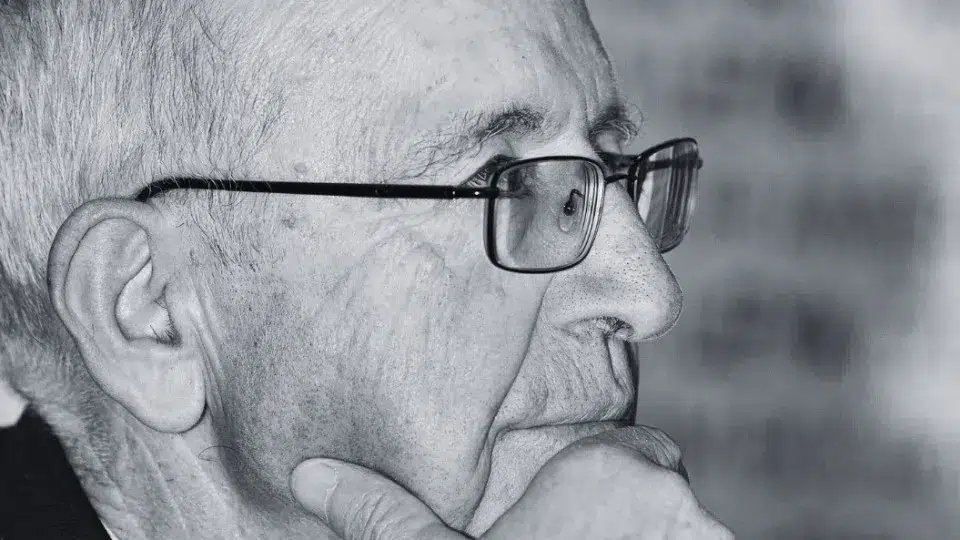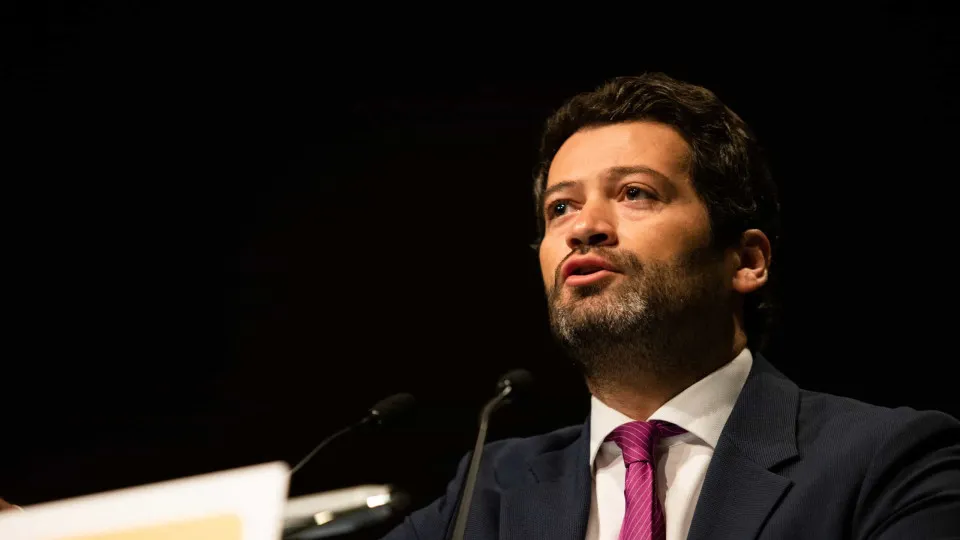
António Borges Coelho, in a 2018 interview, reflected on “a very difficult life,” constantly fighting for freedom without adhering to dogmas during Portugal’s dictatorship from 1926 to 1974.
In 2018, he was awarded the Universidade de Lisboa Prize, where he once studied and taught. The jury, led by then-rector António Cruz Serra, recognized him for his “unique contribution to Portuguese historiography” and “innovative work.”
The jury highlighted his significant scientific career often undertaken in adverse conditions, emphasizing the erudition and accessibility of his work, and his commitment to culture and language, as seen in his detailed narrative on institutions, demography, and socio-cultural structures.
From 1974 to 1994, Borges Coelho taught history at the University of Lisbon, leaving a lasting impact on hundreds of students due to his humane and pedagogical qualities.
“History is a dangerous science,” he remarked in an October 2018 interview, citing Portuguese humanist João de Barros who noted history’s risks and demands.
“History always leaves a mark, although historians may not fully control their ideas. It is a document that, if new and true, will unearth deep truths and create many antibodies. History is a dangerous science,” Borges Coelho stated.
Borges Coelho aspired to be a writer and studied to become a Franciscan priest independently but dedicated years to political struggle for freedom of thought, opposing the Estado Novo dictatorship (1933-1974) which revoked his rights.
“The situation was dire. I had no political rights, couldn’t get a driving license. I had to sue the state for one,” he recounted, noting multiple interrogations and imprisonments by PIDE, the dictatorship’s political police.
“I came to Lisbon in 1948 to enroll at the university amid a tough situation. I wanted to be a writer, but thoughts turned to the future of my generation. After being expelled from the Franciscan seminary, initially devout but later unable to adapt, I was expelled,” he said.
Born in Murça, Trás-os-Montes, on October 7, 1928, Borges Coelho observed the hardships faced by rural and impoverished communities, oppressed by landowners and authorities.
“Besides the ideal of social justice, there was the ideal of freedom. People today cannot conceive what it was like then. I saw authorities in Trás-os-Montes beating a farmhand accused of stealing fruit out of hunger,” he recalled.
In the “unbreathable” environment of António de Oliveira Salazar’s Estado Novo, opposition was Borges Coelho’s only course.
“My political grounding came through MUD-Juvenil [Juvenile Democratic Unity Movement], which was autonomous. Though the Communist Party had a cell within it, they couldn’t control it. MUD-Juvenil had over a thousand members nationwide,” he recollected.
Borges Coelho was a MUD member and, for six months, a Portuguese Communist Party employee until he left in 1991.
“As a PCP worker, I was arrested [in 1957] at a lunch event. I shouted like never before and was taken to ‘Aljube’ prison, kept in ‘drawers.’ Tried in Porto, I was later held in Peniche until 1962, where I married.”
The first “cooling” with the PCP occurred in 1956, after the XX Congress of the Soviet Communist Party and the ‘Khrushchev Report,’ which made a deep impression on him.
“The idea of fully dedicating myself to political struggle vanished. Although tried and jailed in Porto, my new aim was to be a writer.”
Borges Coelho, MUD-Juvenil’s most heavily sentenced leader, served over five years in Peniche’s prison, initially condemned to two years and nine months.
In 1991, realizing fundamental violations existed anew among Communist Parties, led to his departure from the PCP.
“I felt disenchanted and wrote to the party stating: ‘Solitary but in solidarity,’ a path I continue to follow with my own ideas,” he said.
Borges Coelho stressed the challenge as a historian to be a genuine political party member because maintaining complete honesty was crucial.
He acknowledged that his books were controversial, with ‘Raízes da Expansão Portuguesa’ (1964) once being banned. In ‘A Revolução de 1383-85’ (1965), he offered a novel take on Portugal’s conflict with Castile at the Battle of Aljubarrota, arguing it was a popular and bourgeois-led revolution rather than merely a dynastic crisis.
Awarded the Rodrigues Sampaio Prize in 2022 by the Association of Journalists and Men of Letters of Porto, Borges Coelho was hailed as “a man of courage” and an exceptional cultural and civic figure, with expansive historical work and notable poetry.
The jury at the prize ceremony lauded his democratic advocacy, emphasizing his unwavering perseverance for a liberated Portugal, even amidst severe fascist oppression.
Holding a degree and Ph.D. from the University of Lisbon, Borges Coelho wrote ‘A Inquisição em Évora’ (1987), ‘Portugal na Espanha Árabe’ (1972-1975), and the seven-volume ‘História de Portugal’ (2010-2022), among many other works.
His bibliography includes titles like ‘Comunas ou Concelhos?’ (1973), ‘Fortaleza’ (1974), ‘No Mar Oceano’ (1981), ‘Questionar a História’ (1983), and ‘Senhores da Navegação da Conquista e do Comércio’ (2019). He also edited ‘Crónicas e Discursos’ in June 2023, compiling various public interventions over the years.
In literature, he penned ‘Roseira verde,’ ‘Ponte Submersa,’ ‘Ao Rés da Terra,’ emphasizing ‘Youkali é o País dos Nossos Desejos’ (2005), perceiving the political struggles of the past as “very current.”
In 2023, he released the poetry collection ‘Poemas.’
Awarded the Order of Sant’Iago da Espada in 1999 and the Grand Cross of the Order of Liberty in 2018, Borges Coelho considered himself “an average citizen.” He shunned publicity, reflecting an aversion to personal photographs in publications yet relished spontaneous encounters with former students.
“I am a very normal being, an ordinary citizen,” he told Lusa, affirming his satisfaction with tributes, valuing sincerity from friends and companions.




